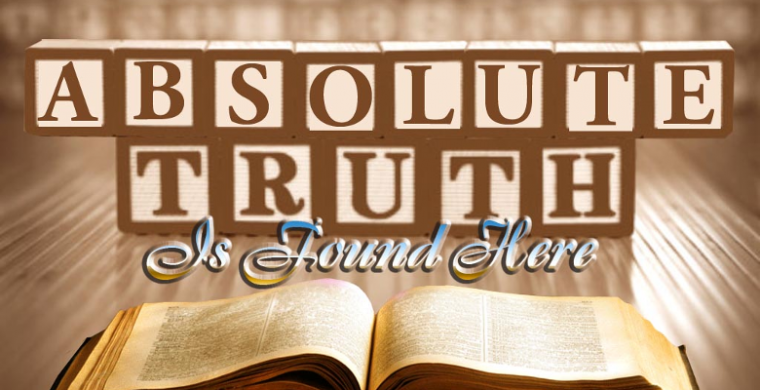Canterbury's State of the Communion Speech: Speaking the Truth in Love means asserting the Supreme Authority of Scripture
By Julian Mann
Special to Virtueonline
www.virtueonline.org
November 18, 2014
The Archbishop of Canterbury in his state of the Anglican Communion speech at General Synod was absolutely right to quote the Apostle Paul's injunction to Christians in Ephesians 4 to 'speak the truth in love'. But regrettably he omitted to say that obedience to this command involves asserting the supreme authority of Holy Scripture over human reason, tradition and experience.
In the context of Ephesians 4, speaking the truth in love (v15) is contrasted to Christians' being spiritually immature, 'tossed to and fro and carried about with every wind of doctrine, by the cunning of men, by their craftiness in deceitful wiles' (v14 - RSV).
In faithfulness to the New Testament's teaching that God's loving truth must be upheld against the sinful human propensity towards falsehood, Anglicanism historically has put Holy Scripture above human reason, tradition and experience. The 39 Articles of Religion, the Book of Common Prayer and the Ordinal are as clear as a bell that, whilst reason, tradition and experience can be useful servants of the Word, they should never be put above the Bible or even on a par with it.
According to the historic Anglican formularies, the Bible is emphatically not 'in creative tension' with reason, tradition and experience. It towers above them. For example, Article 20 of the 39 clearly puts the Bible above church tradition, human reason and corporate spiritual experience when it says: "The Church hath power to decree Rites or Ceremonies, and authority in Controversies of Faith: And yet it is not lawful for the Church to ordain any thing that is contrary to God's Word written, neither may it so expound one place of Scripture, that it be repugnant to another."
At morning and evening prayer according to the BCP we confess our sins because the Scripture moves us to. After various quotations from the Bible, that is the note on which both services begin and they do so because the Bible is supreme in governing Christian faith, thought and conduct.
In the Ordinal, the Ordering of Priests culminates in the Bishop placing a Bible in the hand of each ordained presbyter: "Take thou authority to preach the Word of God, and to minister the holy Sacraments in the Congregation, where thou shalt be lawfully appointed thereunto." The minister's spiritual authority derives from, and is entirely subordinate to, God's Word written.
By God's grace, the Primates in the Global Fellowship of Confessing Anglicans are agreed on the supreme authority of the Bible in line with the historic Anglican formularies. That is why Lord willing they will not sacrifice the supremacy of God's revealed truth in the Bible over human reason, experience, and tradition for the sake of institutional unity.
VOL readers must judge for themselves the spiritual presuppositions underlying the Archbishop of Canterbury's call for 'sacrifice' for the sake of the Communion's future:
"The future of the Communion requires sacrifice. The biggest sacrifice is that we cannot only work with those we like, and hang out with those whose views are also ours. Groups of like-minded individuals meeting to support and encourage each other may be necessary, indeed often are very necessary, but they are never sufficient. Sufficiency is in loving those with whom we disagree. What may be necessary in the way of party politics, is not sufficient in what might be called the polity of the Church."
Anglicans concerned about the spiritual integrity of the Communion must consider whether this appeal evades the central issue of what should be the Church's supreme authority in determining controversies of faith and conduct. No Christian should condone violent language or personal vituperation against opponents but in any Anglican context the central issue of the supreme authority of Scripture surely cannot be fudged for the sake of getting along.
This authority issue also cannot be evaded in evaluating Archbishop Welby's appeal to the Church of England:
"In this Church of England we must learn to hold in the right order our calling to be one and our calling to advance our own particular position and seek our own particular views to prevail in the Church generally, whether in England or around the world. We must speak the truth in love."
Indeed we must but unless the truth Anglicans speak in love is supremely biblical truth, then surely the ecclesial unity we achieve will be that of the builders of the Tower of the Babel and nothing to do with the true spiritual unity that is the Lord Jesus Christ's gift to his Church in his infallible Word.
END














